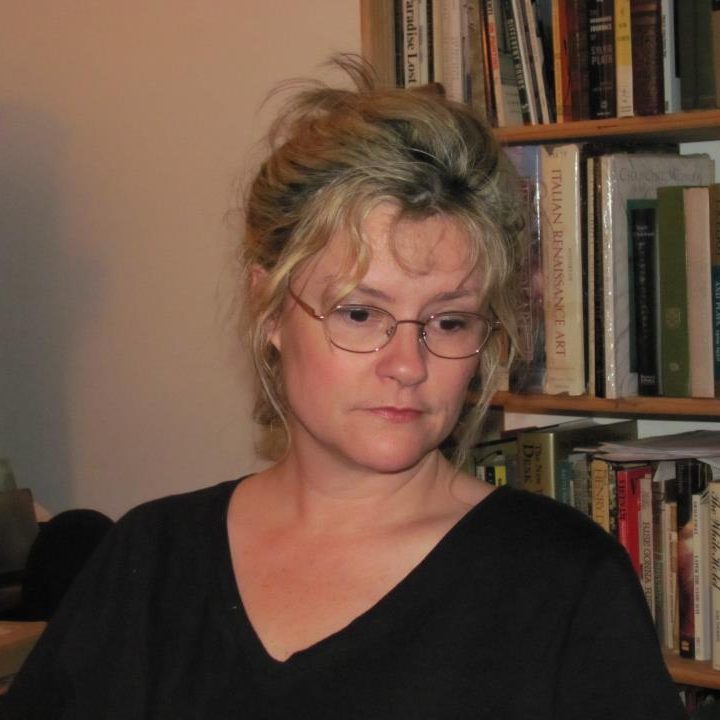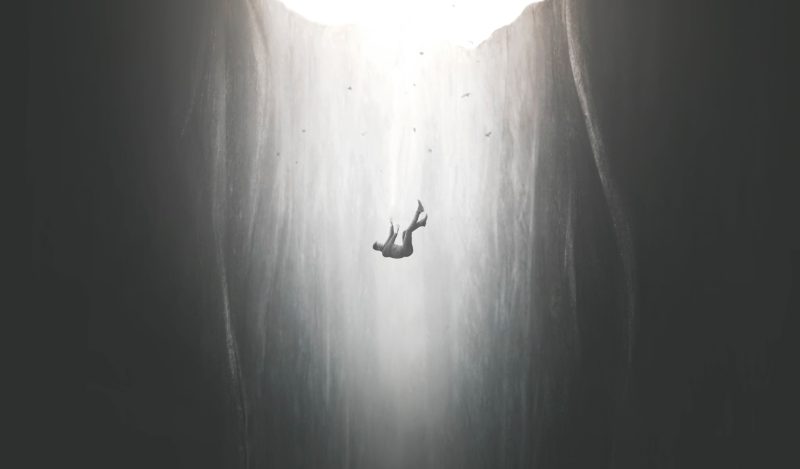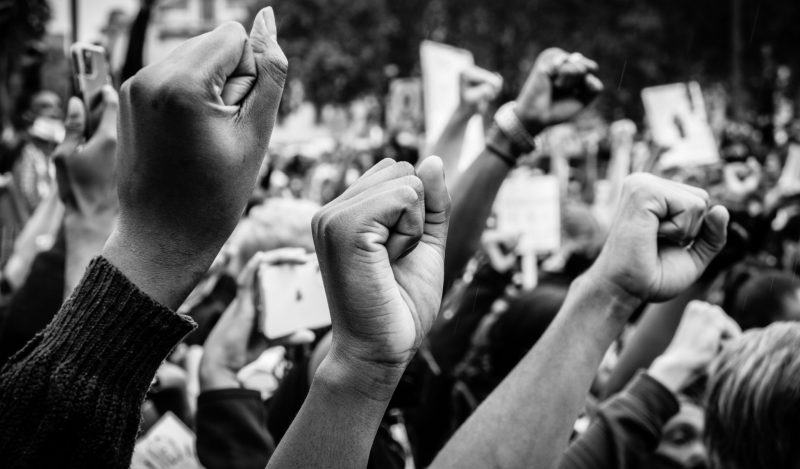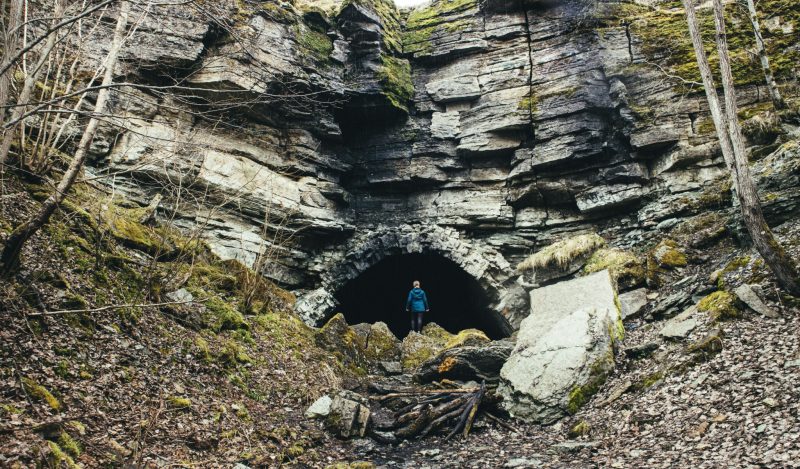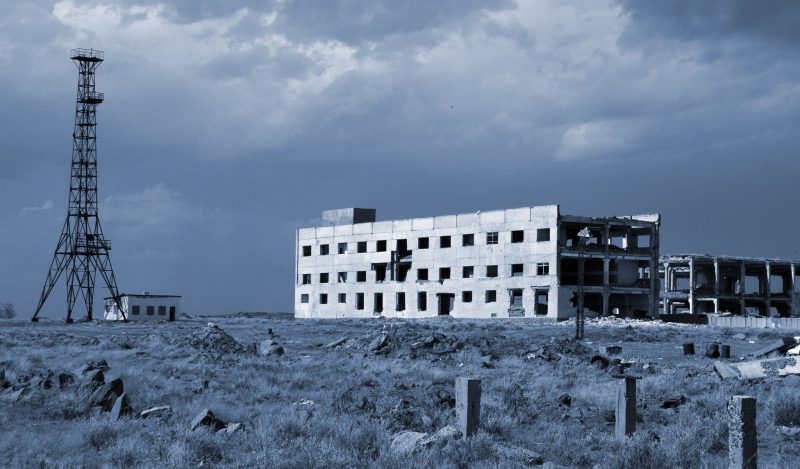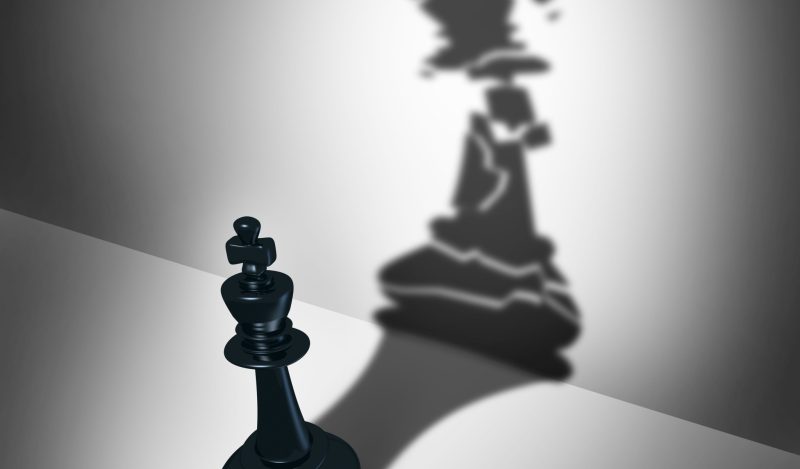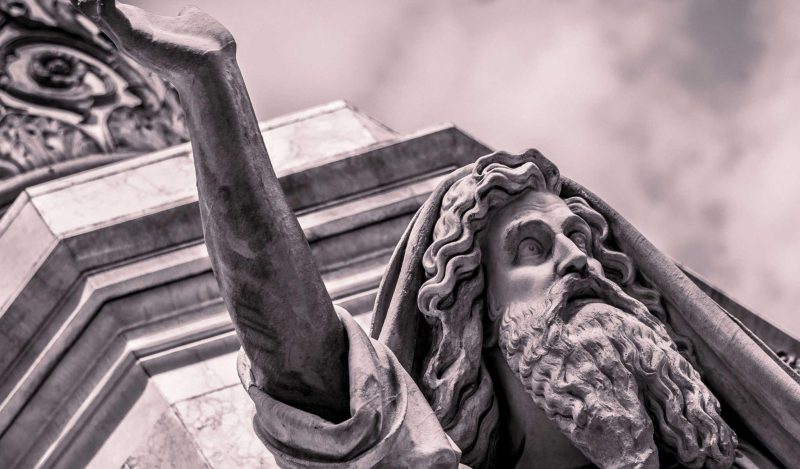Privacy in Voting Is a Treasure
SHARE | PRINT | EMAIL
At my polling place, I valued my privacy when completing a ballot behind a partition. I have been independent for a long time but couldn’t help but wonder thi... Read more.
Go Paint the Porch
SHARE | PRINT | EMAIL
Go ahead and paint the porch, clean the barn, clear the closet, cook the soup, even if you’re depressed and don’t feel like it. You’ll still have all the ... Read more.
The Broken Life of Matthew Thomas Crooks
SHARE | PRINT | EMAIL
Absent from discussions of Crooks’ tragedy are the despair, losses, and mental health crises Covid-era lockdowns caused especially young people; the cruel, vi... Read more.
Shifting Alliances and Building Tribes
SHARE | PRINT | EMAIL
Is it time to disassemble sides and camps, to intermingle tribes, so we may think more critically and independently, build alliances to grapple with real and su... Read more.
Jesus or…Amazon…Loves You
SHARE | PRINT | EMAIL
What could we count on after lockdowns descended? Mainstream churches shuttered doors while the local AA meeting near my house met at a park in the winter. Anot... Read more.
What Have We Learned?
SHARE | PRINT | EMAIL
Dissidents and outsiders saved lives and uplifted spirits during this dark period. We found each other and are still finding each other, making new and hopeful ... Read more.
The End of the World at Fort Bragg
SHARE | PRINT | EMAIL
Pharmaceutical companies occupy airwaves. Fat people dance in a town square in an ad for pills to lower blood sugar. Another ad proclaims that a cartoon guy wil... Read more.
The Quarantine of Humans and Pets at the Height of Covid Mania
SHARE | PRINT | EMAIL
We were in a time of widespread panic and paranoia after the country, and the world, shut down in March 2020. TV people, politicians, and bureaucrats forbid sin... Read more.
The Vicious Punishment of CJ Hopkins
SHARE | PRINT | EMAIL
When asked what gives him courage, Freda said, “I look at this as this a spiritual battle. The people who censor are not good people. If they believed in thei... Read more.
What It Means to Lose Trust
SHARE | PRINT | EMAIL
Competing truths may be difficult and devastating to accept, as we have been enduring in the last few years, but the pain and cognitive dissonance are most cert... Read more.
Send Them
SHARE | PRINT | EMAIL
The sad impulse to sacrifice others to save ourselves appeared when people stepped up and spoke out during the Covid period. If someone said something that made... Read more.
Healing the Culture with Poetry and Song
SHARE | PRINT | EMAIL
We now endure times of deconstruction that feel unprecedented, crises of confidence in almost all parts of our culture. With institutions crumbling, we may also... Read more.
